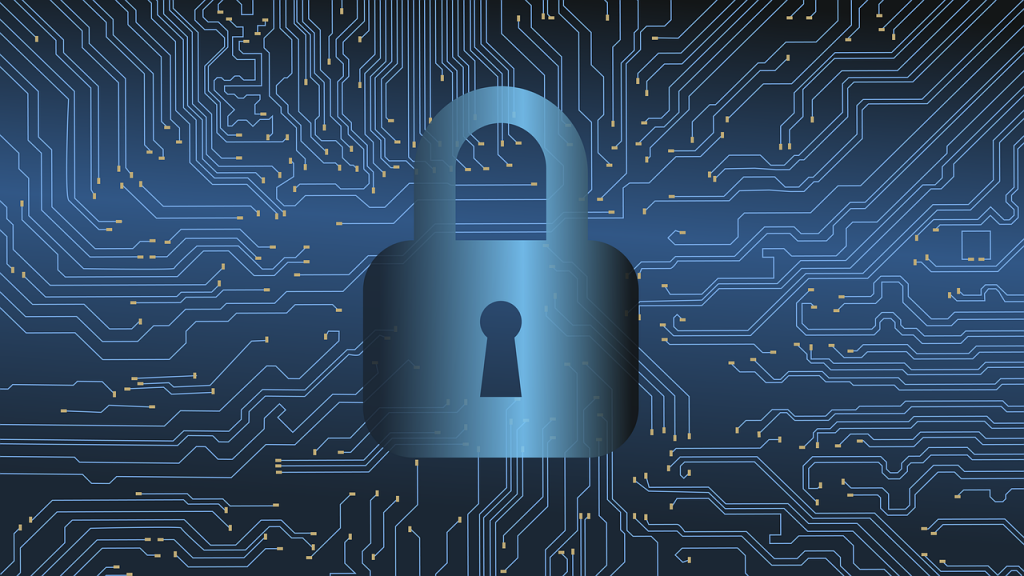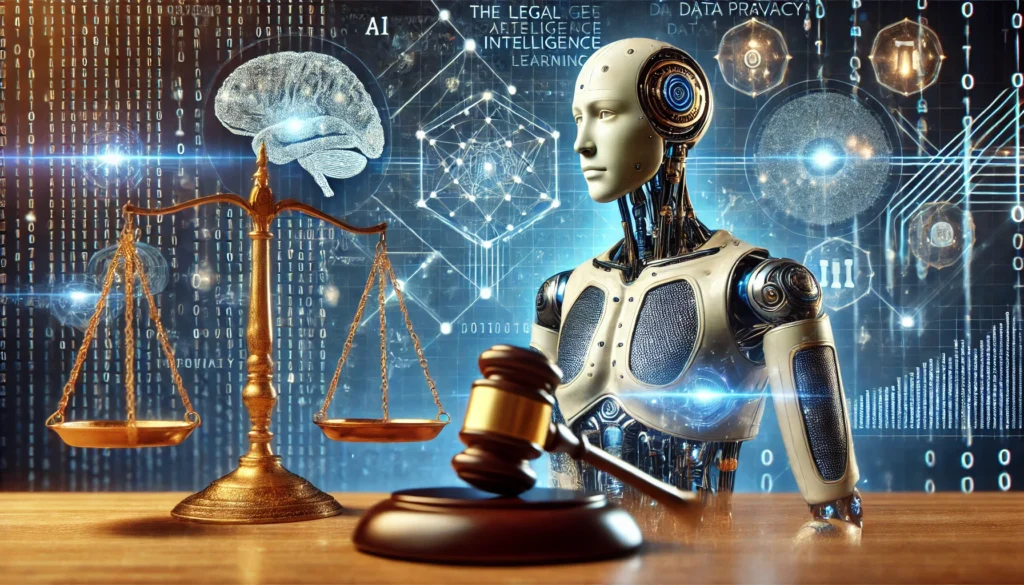Published on 13th August 2025
Authored By: Kashvi Chawla
Maharaja Agrasen Institute of Management Studies, IP University
ABSTRACT
Cyber Bullying is use of technology in order to harass, harm or target individuals. This could be done with the help of online platforms and sources like text, posts, videos etc. This is a matter of concern that is widespread globally and if this issue is not dealt with it could pose a lot of difficulty for individuals. To address this issue, it is necessary to dig deep and study certain relevant laws, landmark cases and its impact. It is to be ensured that the legal structure is strict and more awareness should be created in order to reduce the number of victims.
INTRODUCTION
Cyber Bullying is a term that was introduced for the first time by a Canadian Educator ‘Bill Belsey’. His definition highlights that cyber bullying includes making use of information that is present online and with the help of this they carry out activities that harm others and show an averse behavior. Cyber Bullying is when someone intentionally harasses, threaten or post something inappropriate online while using other electronic devices[1]. India is a developing country and so the technological sector is also growing rapidly. This growth can be an asset for the country but it can also turn out to be a threat because the cases of cyber crime are at alarming rates. It is an advantage for the market economy of the country like India to see technological boost in the cyberspace but on the other hand the surge in number of criminal activities taking place at these online platforms should also be monitored. Cyber Crime is expanding day by day and since cyberspace is such a broad area it is the need of the hour to come up with the measures to control these criminal activities. It is necessary to be cautious in regards to what is being shared, posted, recorded etc. Internet plays important role in today’s world and nowadays nothing is private. Every individual should be vigilant on social media and other online platforms to be safe from cyber bullying. Cyber Bullying can have harmful effects on children, adolescents and adults as it can result in stress, anxiety, trauma etc. In order to come to grips with this rising issue India has a strong legal landscape as it punishes the offenders committing cyber crime. It would not be wrong if we say that its high time, some initiatives should be introduced and awareness should be created as there are still many cases that are not reported due to lack of knowledge. The Scammers and Hackers are extremely smart so individual should have knowledge that would keep them protected from such crime. The country should stay alert as there could be a cyber attack on the system and if this happens it would affect the economy at large and this could also result in a cyber war. So, it should be the priority to address this current societal concern and deal with this menace as early and as adequately as possible.
LEGAL FRAMEWORK OF CYBER BULLYING IN INDIA
Cyber Bullying is rapidly increasing day by day and India should have a strong legal framework in order to get hold of the problem. Indian Legal System has certain laws to deal with the crimes committed online.
INFORMATION TECHNOLOGY ACT, 2000
Section 66A provides punishment for sending offensive messages for communication services, etc.[2] In 2015 this was repealed for being vague and also violated freedom of speech. This was done in the case of Shreya Singhal vs Union of India[3].
Section 66C provides punishment for identity theft[4]. This includes the crime in which offender uses name or picture of individual without permission.
Section 66E provides punishment to the offenders for violation of privacy[5]. Sharing an individual’s private images is an offence.
Section 67 provides punishment to the offender for publishing or transmitting obscene material in electronic form[6].
BHARATIYA NYAYA SANHITA, 2023
Section 74 provides punishment for assault or any sort of criminal force to women that outrages the modesty[7]. This involves insulting the women at online platforms.
Section 78 provides punishment for stalking[8]. This section punishes the person who is involved in harassing someone online.
Section 351 provides punishment for criminal intimidation[9]. Causing threat and any sort of intimidation to people is a punishable offence.
The Protection of Children from Sexual Offences Act (POCSO), 2012[10] ensures that there are strict punishments for the people who are sexually harassing and exploiting the children on online platforms.
The authorities responsible for monitoring cyber bullying makes sure that the cases are reported timely. They remove the content and take strict action against the person who committed the offence. The victims of cyber crime can file a case and ask for compensation. The damages are to be paid by the offender. Indian Legal System has a strong legal framework but it has to be noted that every individual has knowledge of cyber crime because this rising issue needs to be uprooted at the earliest.
LANDMARK JUDGMENTS
Vishaka and Ors vs State of Rajasthan[11]
Facts of the case
Bhanwari Devi worked as activist in Rajasthan. She took up various socially crucial cases like attempted rape of a woman and child marriage. This child marriage issue was not supported by the village members. She tried her best to convince the family to not get involved in such practice as it is against the law, but all of her efforts went in vain. Later, she was prohibited to work and became jobless. On 22nd September 1992, five men attacked Bhanwari Devi’s husband and gang-raped her. The police failed to play its role by wasting time in filing complaint and this delayed the investigation. The matter that was brought before the court was that whether sexually harassing women at workplace amounts to violation of Rights of Gender Inequality and Right to Life and Liberty.
Judgment of the case
In the Judgment it was laid down that Section 354 and Section 354A of Indian Penal Code, 1860[12] were to be noted but, these provisions were not related to the current facts of the case. So, the court decided that proper legislations are needed that deal with sexual harassment.
The Vishaka Guidelines were made to prevent sexual harassment at workplace, and it is legally applicable under Article 141 of Constitution of India[13].
Due to these guidelines any sort of physical contact, demand for pleasurable favours, forcing to watch pornography etc were punished. These guidelines also helped in dealing with the issues of cyberbullying as any sort of indecent behavior on online platforms is punishable.
Shreya Singhal vs Union of India[14]
Facts of the case
This case talks about two Girls getting arrested in 2012 as they expressed their displeasure on a Facebook post regarding Bandh in Mumbai post Bal Thackery’s death. These two girls were charged under Section 66A of Information Technology Act, 2000 and this punishes the offenders for sending offensive messages through communication service. In 2013, The Union Government laid down a rule that offenders charged under Section 66A of IT Act, 2000[15] should be arrested with prior permission of Inspector General of Police. Several petitions were lined up Infront of the court requesting to repeal the unconstitutional provisions of IT Act, 2000. So, The Supreme Court collaborated multiple petitions and the case was known as Shreya Singhal vs Union of India.
Judgment of the Case
The Apex Court declared Section 66A, Section 69A and Section 79 of IT Act[16] unconstitutional as they were ambiguous and were against Article 14, Article 19(1)(a) and Article 21 of Constitution of India[17]. These Sections were repealed as they restricted the Freedom of Speech.
So, both these landmark cases played a crucial role in addressing the issue of cyber bullying and providing necessary legislations to appropriately deal with it.
CYBER BULLYING IN INDIA AND ITS IMPACT
As the technology is getting developed the individuals are becoming more prone to cyber crimes. This is because the criminals come up with advanced ways to commit crime. Most of the cases of cyber bullying reported in India are of harassment, intimidation, spreading misleading information, stalking etc. The most common platforms for bullying are WhatsApp, Instagram, Facebook, YouTube. Both males and females become target of cyberbullying. Studies suggest that majority of the children in India faced cyber bullying. All of these cases include racist comments, sexually harassing and sharing private videos, threatening a person etc. There was a surge in the number of cases of cyber bullying during COVID-19 because people were quite active on online platforms due to lockdown[18]. As we say that no man is a born criminal there has to be driving force behind the crime that a person commits. A criminal commits a crime due to any personal agenda, being jealous with somebody, revenge. Due to above stated issues they end up blackmailing people, sexually harassing the, stalking them etc. Cyber Bullying can be carried out in different ways like Cyberstalking, Trolling, Identity Theft, Flaming etc.[19] The criminals involved in cyber bullying are aware that what should be done to enter into other persons device. They make use of cookies, links, access given after downloading an app. This is violation of our Fundamental Right i.e. Right to Privacy which is provided to every citizen by the Constitution of India[20].
The authorities should ensure that this right is not snatched from individuals and they are protected from becoming the victims of cyber crime.
In order to get hold of the situation its is necessary for the legal guardians, educational institutions and universities and legal authorities to create awareness regarding cyber bullying. Children need to be educated on how they can be safe from bullying and what measures should they take. Legal Guardians of the child should ensure that they keep a track on the online activities of the child[21].
Cyber Bullying can be disturbing for the victims and cause serious harm to mental and physical heath of an individual. It can result in immense suffering at emotional level that can lead to Depression and PTSD. Being targeted on online platforms often force individuals to end their lives or it can transform their behavior. Children who are victims can face negative impact in their studies[22]. So, this is problem that should be handled as early as possible in order to reduce the number of victims in India.
SUGGESTIONS
Managing a problem like cyber bullying is very important. It is necessary and laws should be checked and amended time to time. Awareness should be increased among people. Online Platforms should be made more safe. These are some measures that are necessary.
CONCLUSION
Cyberbullying is a problem through which criminals attack innocent people online and this causes negative impact on them. It has to be made sure that there are strong laws, knowledge, reporting facility to deal with this problem. The offenders need to be punished and the authorities should be quick enough to remove all the indecent post or conversations. Victims should be taken care of and it should be ensured that all the legal remedies are being followed. In order to deal with this problem, the country has to unite and make the society safe and free from cyber bullying.
REFERENCES
[1] Cyberbullying https://www.pacer.org/bullying/info/cyberbullying/
[2] Information Technology Act, 2000
[3] AIR 2015 SC. 1523
[4] Information Technology Act, 2000
[5] Information Technology Act, 2000
[6] Information Technology Act, 2000
[7] Bharatiya Nyaya Sanhita, 2023
[8] Bharatiya Nyaya Sanhita, 2023
[9] Bharatiya Nyaya Sanhita, 2023
[10]The Protection of Children from Sexual Offences Act (POCSO), 2012
[11] AIR 1997 SUPREME COURT 3011
[12] Indian Penal Code,1860
[13] Constitution of India
[14] AIR 2015 SC.1523
[15] Information Technology Act, 2000
[16] Information Technology Act, 2000
[17] Manupatra https://articles.manupatra.com/article-details/Judicial-Outlook-of-Cyberbullying-in-India
[18] Silent Screams: A Narrative Review of Cyberbullying Among Indian Adolescents
[19] https://pmc.ncbi.nlm.nih.gov/articles/PMC11376467/ August 6, 2024
[20] Manupatra https://articles.manupatra.com/article-details/An-Overview-of-Cyberbullying-and-its- Legal-Remedies-under-Indian-Law
[21] Manupatra https://articles.manupatra.com/article -details/LEGAL-CHALLENGES-IN- ADDRESSING-CYBERBULLYING-AN-INDIAN-PERSPECTIVE
[22] Cyber Bullying: https://www.ndtv.com/topic/cyber-bullying




